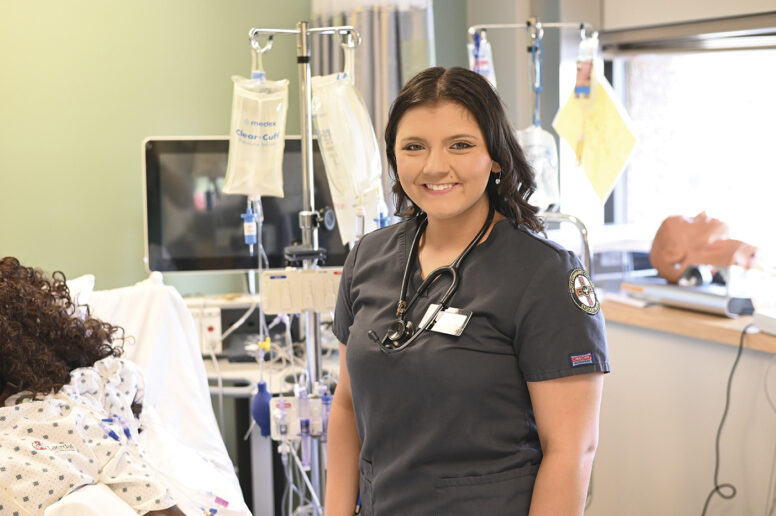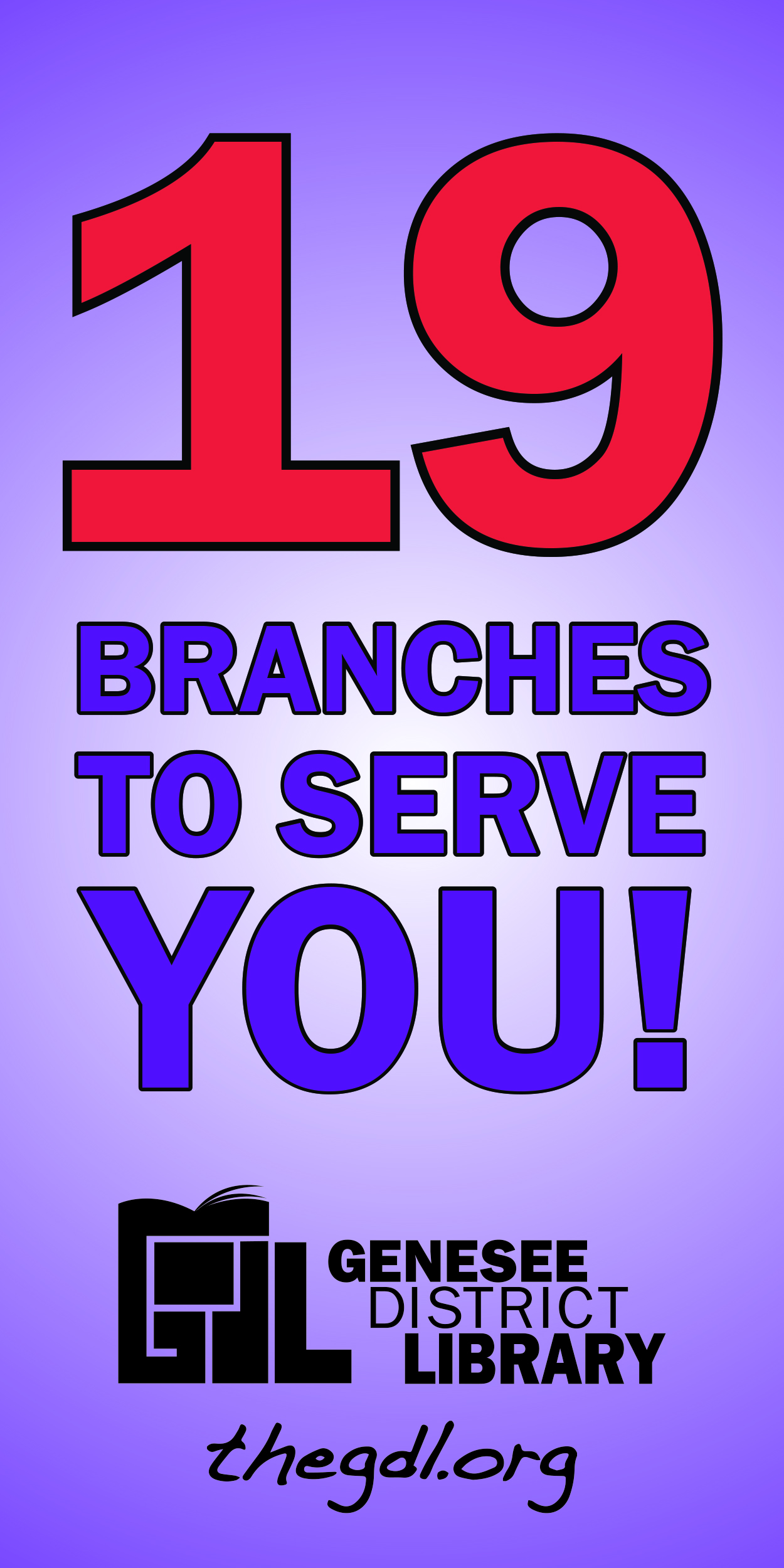As college costs continue to climb, the State of Michigan has launched several programs to make postsecondary education at community colleges more accessible. These programs offer substantial financial support for recent high school graduates and adult learners.

“Education is the key that can unlock the career of your dreams,” said Shaunda Richardson-Snell, Mott Community College (MCC) president, “and Mott Community College has more than 100 programs available to you. We offer short-term certification and credential programs, as well as associate degree programs for high-demand careers such as health care, advanced manufacturing technologies and information technology. Each of these programs can lead to a living-wage-paying job. MCC also has streamlined transfer agreements in place with numerous four-year colleges and universities to continue your education.”
Here are the available tuition assistance programs:
1. Community College Guarantee (part of the Michigan Achievement Scholarship)
Who is eligible: Michigan high school grads (Class of 2023 and beyond) who enroll full-time at any public or tribal community college within 15 months of graduation, regardless of income
What is covered: Tuition, mandatory fees and contact hours at in-district rates; out-of-district students receive a significant discount and Pell‑eligible students also receive a $1,000 living‑expenses bonus

“Education is the key that can unlock the career of your dreams.”
Shaunda Richardson-Snell
2. Michigan Reconnect
Who is eligible: Residents aged 25+ without a college degree who have lived in Michigan for a year or more
What is covered: Last‑dollar scholarship covering in‑district tuition and fees for Pell-eligible programs; out‑of‑district students also receive discounts
3. Tuition Incentive Program (TIP)
Who is eligible: Students with at least 24 months of Medicaid coverage within a 36 month period between age nine and high school graduation, initiating within four years of graduating
What is covered: Full in-district tuition for certificate/associate programs (Phase I) and up to $2,000/year toward bachelor programs (Phase II)

To maximize these benefits, students should complete the FAFSA (studentaid.gov) early, verify residency and eligibility, and monitor deadlines. Find out more at mcc.edu/financial-aid/.




































